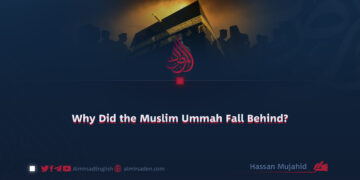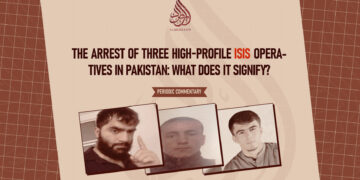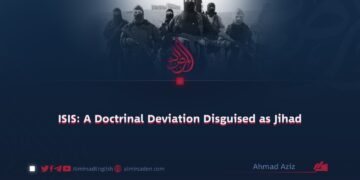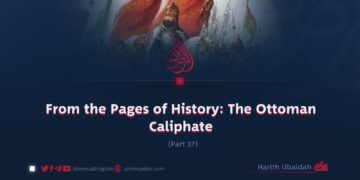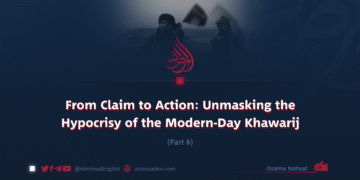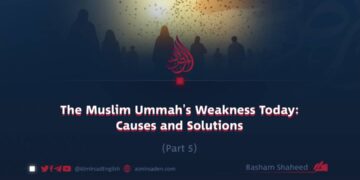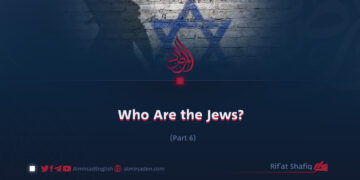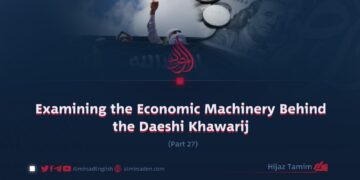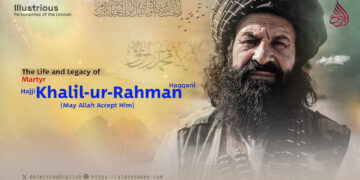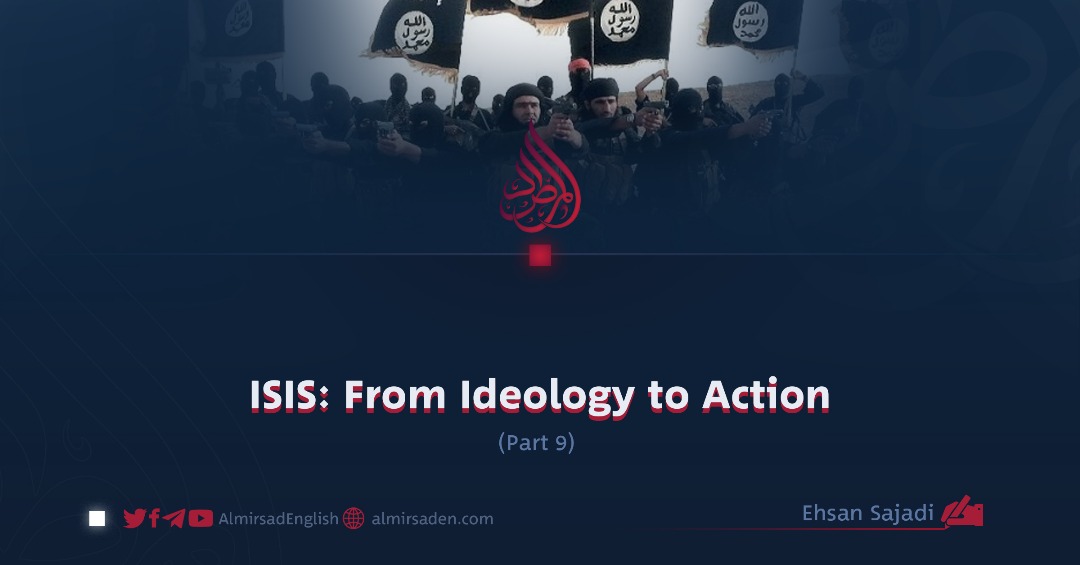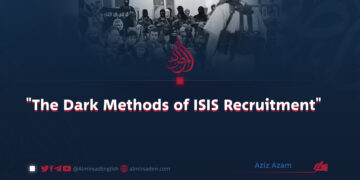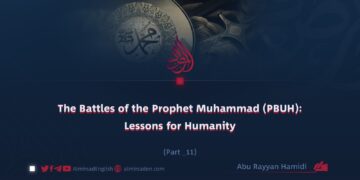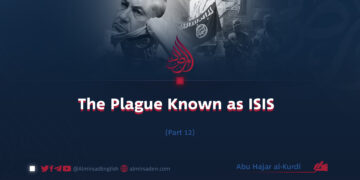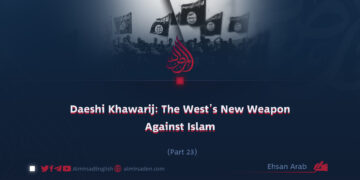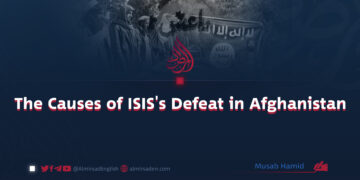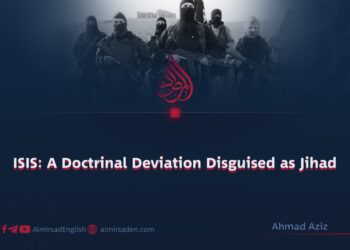Part 9
Ehsan Sajadi
ISIS’s Financial System: A False Claim of Islamic Economics
Under the pretext of establishing an Islamic state, the Khariji group known as ISIS created a brutal and exploitative economic system that bore no moral, ethical, or legal resemblance to the principles of Islam. Although it claimed to embody Islamic governance, in reality the group devoted itself to oppression, plunder, and the deliberate impoverishment of society. Exploiting the region’s instability, ISIS built a ruthless financial network rooted in coercion, violence, and the violation of human dignity, while true Islam upholds justice, compassion, and peace.
Despite its claim to represent pure Islam, ISIS engineered a counterfeit financial structure that stood in complete contradiction to the Islamic economic model. Instead of fostering equity and prosperity, it weaponized its financial system as an instrument of domination and control.
In the territories under its rule, taxation became a means of repression rather than public service. ISIS imposed arbitrary levies disguised as jihad, trade, and even education taxes, none of which had any legitimacy in Islamic jurisprudence. These measures were crafted solely to drain the economy and subdue the population. Such coercive tactics directly contradicted the Qur’an, “There is no compulsion in religion (la ikraha fid-din),” and represented a predatory taxation system designed to perpetuate fear and dependency. By contrast, Islam emphasizes economic justice, transparency, and respect for the rights of the people, firmly rejecting coercion in all financial dealings.
ISIS’s grip extended to banking and monetary institutions as well. The banks of Mosul and Raqqa were not merely plundered; they were converted into instruments of extortion and centralized control. Through the appointment of loyal administrators, ISIS brought every withdrawal and transaction under its oversight, claiming a fixed share under the pretext of taxation. This practice violated the fundamental principles of trust, accountability, and fairness that define Islamic economics. In essence, it mirrored the operations of a criminal enterprise, enriching the group’s elite while systematically impoverishing the public.
Among the most abhorrent elements of ISIS’s economy was its commodification of human life. The group engaged in the trafficking of women and children, reducing them to objects of sale in its black markets. Thousands of women from minority communities, particularly the Yazidis, were kidnapped, enslaved, and sold. Such inhuman acts were not only crimes against humanity but also a total distortion of Islam’s teachings on human dignity. Islam unequivocally forbids the buying and selling of human beings; no legitimate religious argument could ever justify such barbarity.
Equally destructive was ISIS’s exploitation of natural resources, especially oil, which it extracted and sold through illicit networks. This trade not only financed its campaigns of terror but also caused severe environmental damage and economic destabilization. By looting the resources of entire nations, the group displayed utter contempt for Islam’s ethical principles, which emphasize stewardship, sustainability, and the equitable distribution of Allah’s blessings.
In truth, the Islamic economic system stands upon justice, honesty, and the protection of human welfare. It rejects oppression and exploitation in every form, seeking instead to establish balance, social security, and the eradication of poverty. Through its actions, ISIS did not merely fail to represent Islam; it actively opposed it, revealing the depth of its ideological and moral corruption.
For this reason, it is the responsibility of Muslims everywhere to unmask these distortions and ensure that no group inspired by ISIS’s ideology continues to misuse Islamic concepts for political or material gain. Islam is a faith of mercy, justice, and compassion, not of violence, greed, or enslavement. The crimes of ISIS were not acts of piety but of rebellion against the very spirit of the faith they falsely claimed to uphold.




